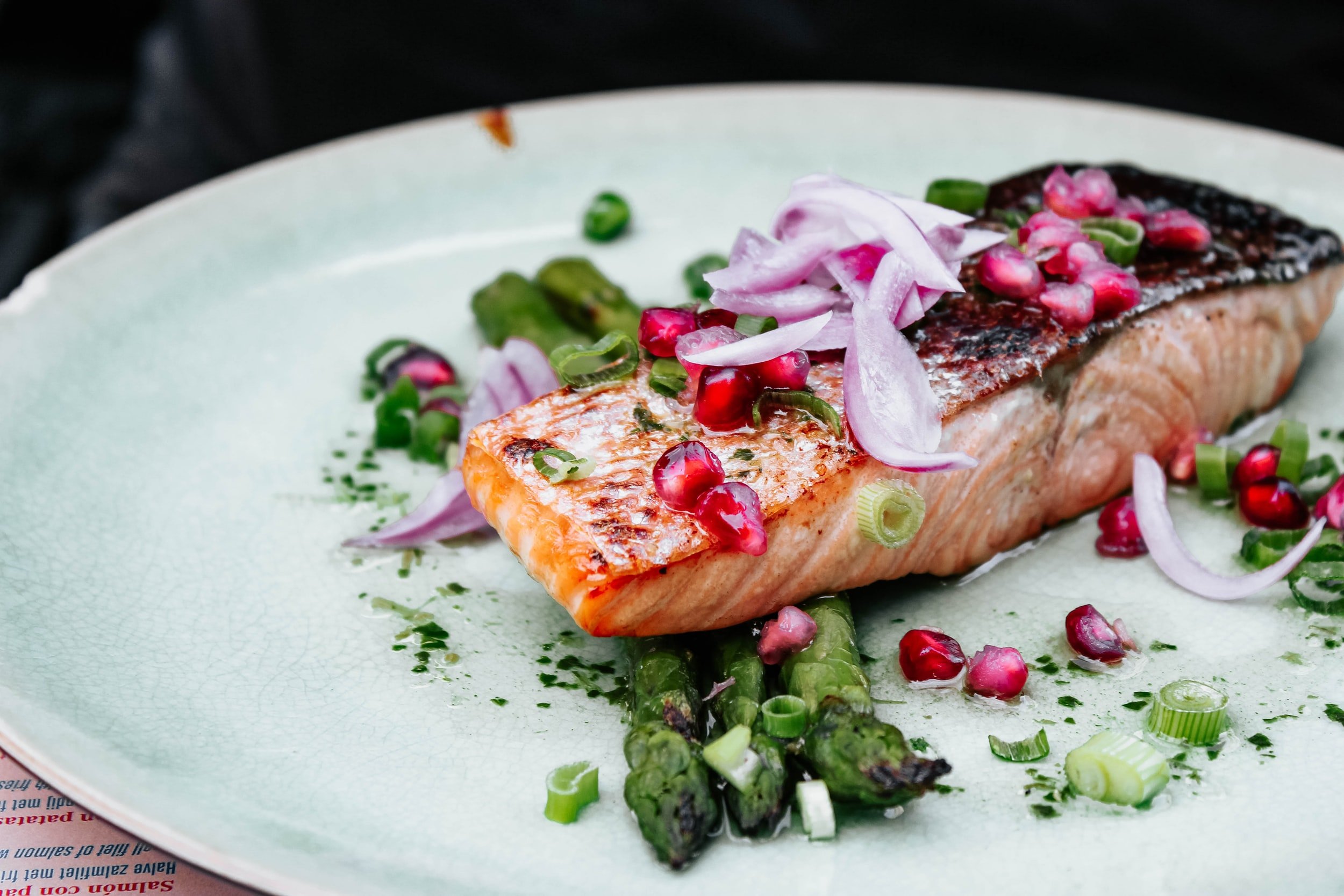Vitamin D is an essential contribution to our body. It contributes to healthy bones and muscles, prevents many diseases, such as cardiovascular ones and certain cancers, and benefits the kidney, as well as the immune system. Its deficiency can cause serious health consequences. Although this vitamin is produced naturally by the skin under sun exposure, it can also be drawn from certain foods. www.amazon.com/dp/B0732pm741
Read moreHere Are Some Reasons Why You Should Be Using Coconut Oil?
It is a common misconception that coconut oil is bad for you. People all over the world are experiencing the healthy benefits of using coconut oil. It is actually one of the healthiest oils you can consume. Here are the top seven reasons why you should use coconut oil as an alternative to other common cooking oils.
1. Coconut oil doesn't turn to fat in your body.
Unlike many other common oils, like soy (vegetable) and corn, coconut oil won't make you fat. Coconut oil contains medium-chain triglycerides (MCT), which are an easy fuel for the body to burn, without turning to fat. Most other cooking oils and fats contain long-chain triglycerides (LCT). LCT's are usually stored as fat. Since coconut oil is a MCT, it is more easily absorbed and converted to energy quicker.
Read moreAre You Planning Your Meals?
Basic Meal Planning
Basic Meal Planning
As a basis for meals and menu planning, refer to the pyramid information mentioned earlier to make sure you have the basic food requirements met for all family members. Then cross check and plan by looking over basic food categories to target healthy foods to fit the lifestyles and health of everyone. For example, if someone has depression, add some foods mentioned above to his or her dietary plans that aid in the healing and prevention of depression.
Read moreDo You Plan Your Meals?
As a basis for meals and menu planning, refer to the pyramid information mentioned earlier to make sure you have the basic food requirements met for all family members. Then cross check and plan by looking over basic food categories to target healthy foods to fit the lifestyles and health of everyone. For example, if someone has depression, add some foods mentioned above to his or her dietary plans that aid in the healing and prevention of depression.
Read moreWhich Is Better For You? Whole Grains Over Refined Grains?
A whole grain is a grain that consists of all of the original components that were present when it was growing in the field. Refined grains, on the other hand, have had some of the components removed to give them a better texture and a longer shelf life. These refined grains are more commonly used and find their way into our diets more often. However, recent studies indicate that it may be best to skip refined grains altogether, in favor of the whole grain alternatives.
Parts of a Grain
Grain begins its life as the seed of a plant. It consists of an edible kernel surrounded by an inedible husk that protects it from the dangers of nature. The kernel itself is made up of three parts:
* The bran is the outer skin of the kernel. It contains lots of dietary fiber and B vitamins, as well as protein and starch.
* The germ is the part of the kernel that is the embryo of the seed. It is high in both vitamin B and vitamin E, as well as fat and protein.
* The remaining part, the endosperm, is the part of the seed that provides energy to the germ. It increases safe storage times, but has little else to offer as far as nutrition goes.
Refined Grains
When it comes to refined grains, the bran and germ have been removed mechanically. The main reason for this is so they last longer before spoiling. Neither component is especially hardy, so removing them creates a product that will stay on the shelves for much longer. Refined grains also have a finer texture, which some people find to be preferable.
Many of the health benefits of cereal grain are removed during the refining process. Without germ and bran, grains do little more for us than provide energy. Studies show that sticking with whole grains can reduce the risk of heart disease, diabetes and stroke.
Another type of grain available on the market is enriched grain. These grains have had several nutrients added to them, such as iron and riboflavin, in order to restore some of the nutritional value lost during the refining process. While enriched grain is healthier than other refined grains, they are nowhere near as beneficial as their whole grain alternatives.
Looking for ways to add more whole grain to your diet? The next time you go shopping, consider choosing whole wheat bread, rice and pasta instead of the enriched or refined alternative.
When shopping for whole grain products, it's important to check the nutritional facts panel and go over the ingredients. Even if the label says multi-grain or something similar, it may not be made with whole grains.
Always make sure that "whole wheat" or "whole grain" is among the first items to appear on the ingredients list. That way, you'll be completely certain that these products will provide you with the nutrients you need to maintain a healthy diet. There's really no better time to add the versatility of grains to your menu!






 Click Here!
Click Here!